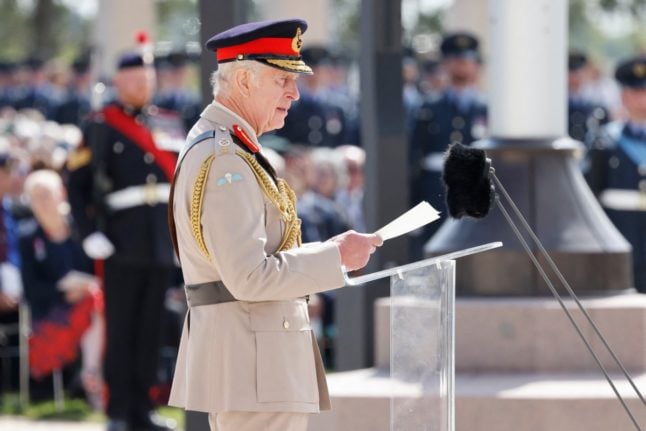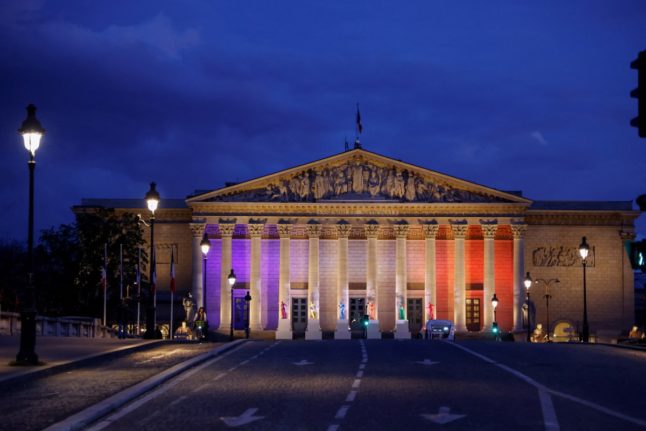In the French town of Ver-sur-Mer, he paid homage to fallen Allied soldiers, French civilians who lost their lives and the courage of members of the French resistance.
“It is with the most profound sense of gratitude that we remember them, and all those who served at that critical time,” he said.
“We recall the lesson that comes to us, again and again, across the decades: Free nations must stand together to oppose tyranny,” he said.
“Let us pray such sacrifice need never be made again.”
He said he had been honoured to meet so many veterans over the years and hear their testimonies while they were still alive.
“Our ability to learn from their stories at first hand diminishes,” he said.
“But our obligation to remember them, what they stood for and what they achieved for us all can never diminish.”
Turning to French, he paid homage to what he called the “greatest tragedy of the landings: the unimaginable number of civilians who died in this joint battle for freedom”.
80 ans du Débarquement: le roi Charles III rend hommage (en français) "au courage et au sacrifice incroyables" des résistants pic.twitter.com/yvjFqAbiiR
— BFMTV (@BFMTV) June 6, 2024
He also saluted the “incredible courage and sacrifice of the men and women of the French resistance”.



 Please whitelist us to continue reading.
Please whitelist us to continue reading.
Member comments